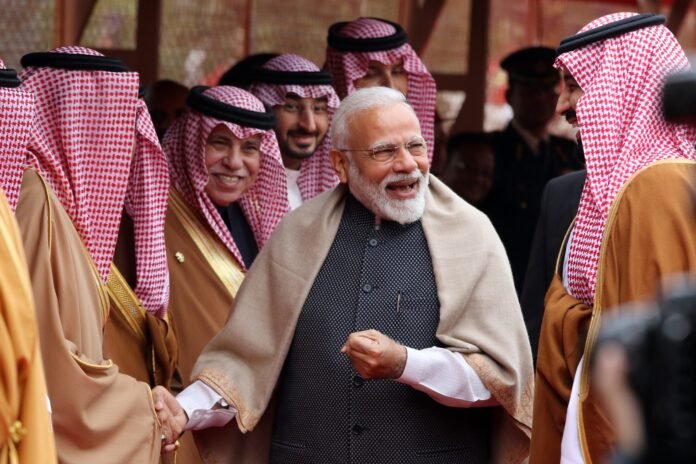Indian Prime Minister Narendra Modi issued a poignant plea to the Muslim community, urging against the exploitation of religious divisions for political ends. Modi’s statement comes amidst growing concerns over communal tensions and polarization, underscoring the imperative of fostering unity and inclusivity in India’s diverse society.
Addressing the Muslim community directly, Prime Minister Modi emphasized the need for solidarity and mutual respect among all religious groups. He cautioned against the dangers of allowing political actors to manipulate religious sentiments for their own gain, warning that such tactics could sow seeds of discord and undermine the fabric of Indian democracy.
The Prime Minister’s message carries particular significance against the backdrop of recent incidents of communal violence and hate speech, which have fueled apprehensions about the erosion of secular values and social harmony in India. Modi’s call for restraint and moderation reflects a recognition of the profound challenges posed by religious polarization and the urgent need for collective action to address them.
Central to Modi’s appeal is the recognition that religious diversity is a cherished aspect of India’s cultural tapestry, enriching the nation’s social fabric and contributing to its vibrancy and resilience. By urging the Muslim community to resist attempts at division and polarization, Modi reaffirms his commitment to upholding the principles of pluralism and religious tolerance that are enshrined in India’s Constitution.
The Prime Minister’s admonition against exploiting religious divisions for political gain carries broader implications for India’s democratic ethos and governance. In a democratic society, political leaders have a responsibility to represent the interests of all citizens, regardless of their religious or cultural affiliations, and to refrain from engaging in divisive rhetoric or actions that could inflame communal tensions.
Modi’s call for unity also resonates with broader efforts to promote social cohesion and national integration, particularly in the face of external challenges and internal divisions. By emphasizing the importance of solidarity and mutual respect, Modi seeks to forge a common national identity that transcends religious and cultural boundaries, fostering a sense of belonging and shared purpose among all citizens.
However, Modi’s appeal is not without its critics, who argue that his government’s policies and actions have contributed to a climate of religious polarization and discrimination. Critics point to incidents of violence targeting religious minorities, as well as controversial legislative initiatives such as the Citizenship Amendment Act (CAA), as evidence of a broader pattern of marginalization and exclusion.
Despite these criticisms, Modi’s call for unity reflects a recognition of the perils of religious polarization and a commitment to addressing its root causes through dialogue, engagement, and inclusive governance. By reaching out to the Muslim community and urging solidarity across religious lines, Modi seeks to build bridges of understanding and trust, fostering an environment conducive to peace, stability, and prosperity.
Moreover, Modi’s message carries broader significance for India’s standing on the global stage, where it is increasingly seen as a beacon of democracy and pluralism in an era marked by rising authoritarianism and intolerance. By reaffirming India’s commitment to secularism and religious tolerance, Modi seeks to bolster the country’s image as a vibrant and inclusive democracy, capable of navigating the complexities of religious diversity with grace and resilience.
In addition, Prime Minister Narendra Modi’s call for unity and tolerance represents a timely reminder of the importance of fostering social cohesion and religious harmony in India’s diverse society. By urging the Muslim community to resist attempts at division and polarization, Modi reaffirms his commitment to upholding the principles of secularism and pluralism that are fundamental to India’s identity as a democratic nation. As India grapples with the challenges of communal tensions and polarization, Modi’s message serves as a beacon of hope and a call to action for all citizens to come together in the spirit of mutual respect, understanding, and solidarity.

